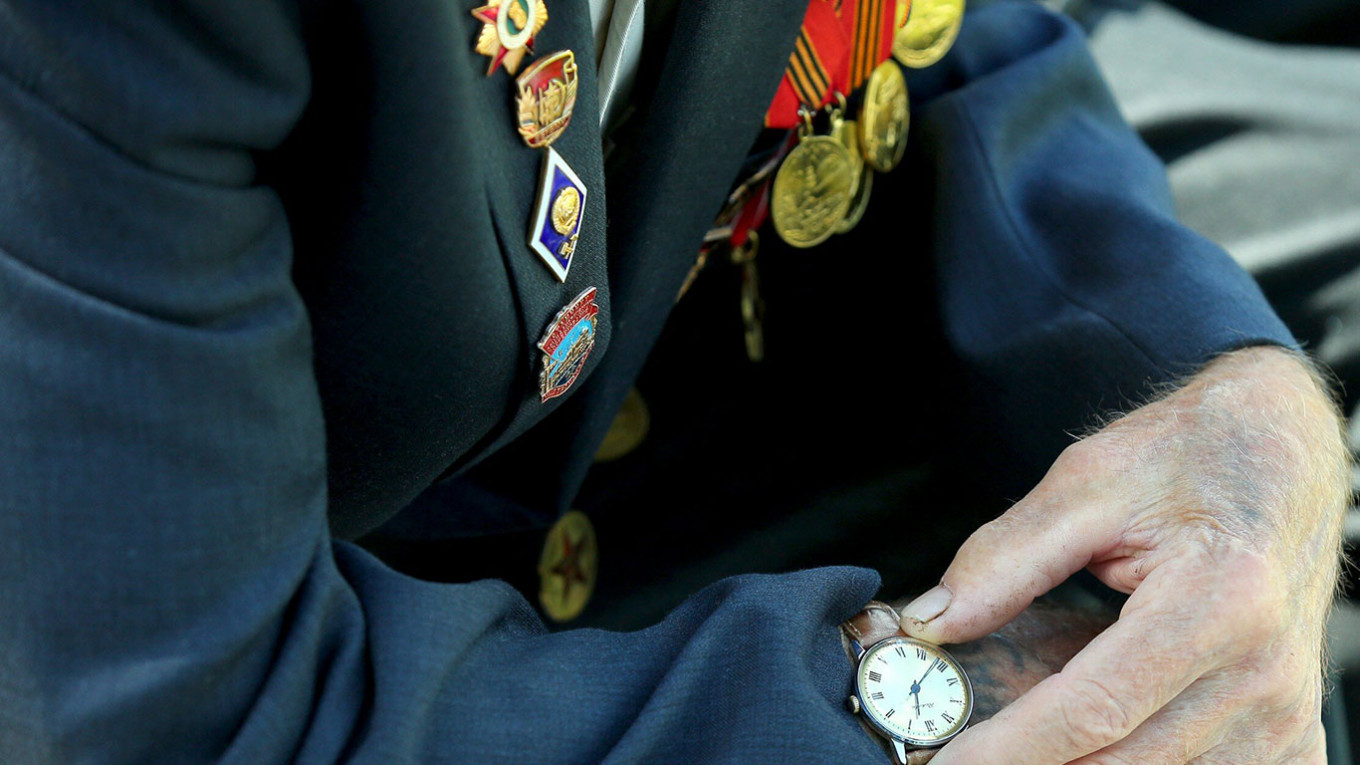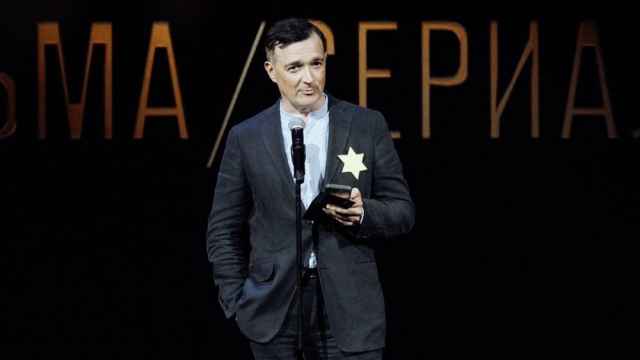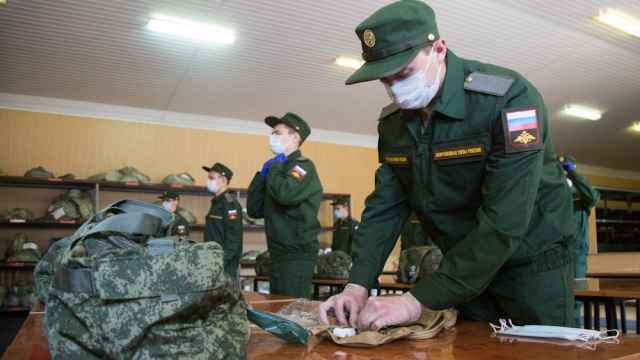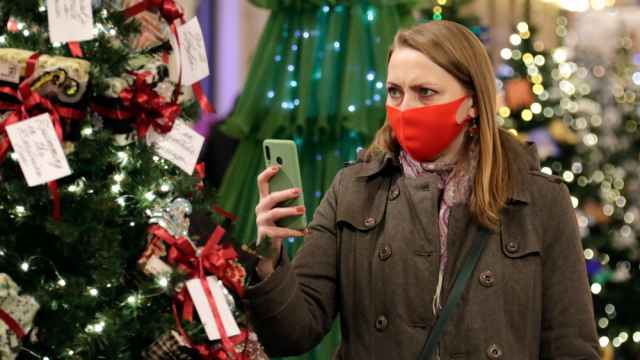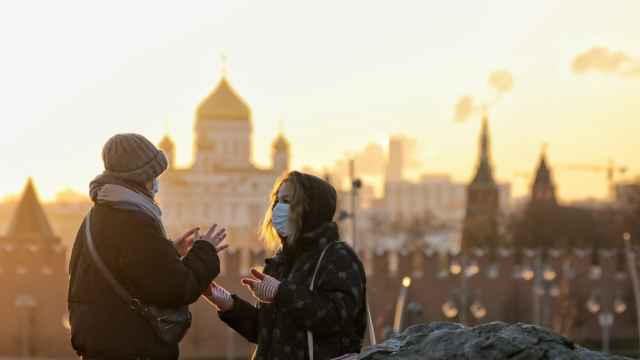One-quarter of Russia's World War II veterans have died during the pandemic, according to an analysis by the Vedomosti business daily published Monday.
Some 312,600 veterans of what Russia calls the Great Patriotic War have died between April 2020 and October 2021, Vedomosti reported, citing Labor Ministry data.
Russia’s total excess fatality count since the start of the coronavirus pandemic — and before the latest and deadliest wave of the virus — is at least 723,000.
The rapidly accelerating decline of Russia’s World War II veteran population from 1.21 million last year to 896,800 this year, amounts to a 26% decrease.
Among Russians 85 and over, mortality rates have increased from 165 per 1,000 in 2019 to 190 per 1,000 in 2020 — and are likely to reach 209 per 1,000 this year, Vedomosti cited demographer Alexei Raksha as saying.
Experts attribute the veterans’ disproportionately high death rate to them being at higher risk of developing serious illness from coronavirus. The Russian Association of Gerontologists and Geriatricians places the likelihood of adverse reactions to vaccines across all age groups at 2%, and higher among the elderly.
Authorities say Russians aged 60 and over are at least 5.5 times more likely to be hospitalized with Covid-19 and account for 83% of the country's total pandemic death toll.
Only around one-third of Russian retirees have received a Covid-19 vaccine despite efforts to incentivize vaccinations with cash handouts and other gifts.
Elderly Russians “are at a loss and don’t know whether to vaccinate or not, for fear of side effects,” Valery Ryazansky, the chairman of Russia’s Pensioners Union, told Vedomosti. He called for increased efforts in providing consulting services to seniors as well as wider research and testing of the vaccine's effects on this age group.
“Someone who is over 85 years old needs to be thoroughly examined prior to vaccinating them,” added Vladimir Chekhonin, the vice president of Russia’s Academy of Sciences.
A Message from The Moscow Times:
Dear readers,
We are facing unprecedented challenges. Russia's Prosecutor General's Office has designated The Moscow Times as an "undesirable" organization, criminalizing our work and putting our staff at risk of prosecution. This follows our earlier unjust labeling as a "foreign agent."
These actions are direct attempts to silence independent journalism in Russia. The authorities claim our work "discredits the decisions of the Russian leadership." We see things differently: we strive to provide accurate, unbiased reporting on Russia.
We, the journalists of The Moscow Times, refuse to be silenced. But to continue our work, we need your help.
Your support, no matter how small, makes a world of difference. If you can, please support us monthly starting from just $2. It's quick to set up, and every contribution makes a significant impact.
By supporting The Moscow Times, you're defending open, independent journalism in the face of repression. Thank you for standing with us.
Remind me later.


